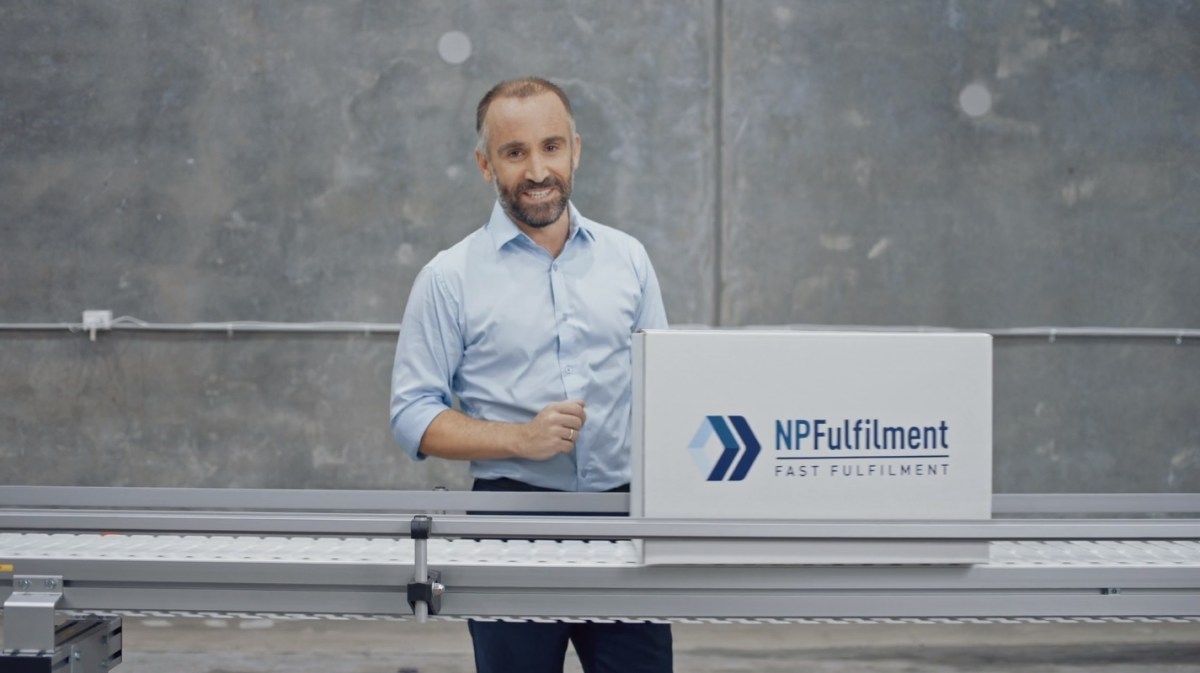When customers order products online, such as lipstick, a pair of jeans or health supplements, and decide to return them because they aren’t quite right, they cannot be put straight back into inventory, according to one of Australia’s leading warehousing, pick and pack, fulfilment and shipping businesses.
“In the Covid-19 environment it is unsafe and unhygienic to continue selling a number of products that have been in the contact of members of the public after they have been returned,” NP Fulfilment head of sales, Juan Klimczak said.
“Unbeknown to many customers when they make a return from an online order, the items they purchased are donated straight to charity. Annually, hundreds of thousands of products are given new homes at local charities, women’s shelters and second-hand organisations.
“While it is disappointing for retailers to see their products unable to be sold to another customer, it is a feel-good exercise to see them receive a second chance at life with a person or family that are going through a difficult time.
“As a result of the stricter safety and hygiene protocols during Covid, the number of products being put into charities across the country has increased dramatically from returns.”
NP Fulfilment not only manages pick and packing, but also returns for various Australian and Asian online retailers.
“Our services help keep their customers loyal by providing fast and accurate returns management. By handling and processing all returns through one single touchpoint, we free their business from the hassles and expenses of in-house reverse logistics,” Klimczak said.
“Our strategically located distribution centres across Australia and Asia, and logistics platform that manages every step of the process, give customers a simple return path.”
For retailers working with multiple third-party logistics providers or do returns management internally, it could be costing their business, according to Klimczak.
Many third-party logistic companies charge exorbitant fees for processing and handling returns, while managing them in-house means shouldering the entire burden of reverse logistics. In both situations, there are significant added costs, while customers experience lengthy delays.
“As returned items build up at our warehouses, we act on behalf of our retailers and make donations to charities with their customer returns that are not suitable for resale. We call local charities to see if the products are a good fit, or would be of value to them, and arrange for them to receive the items directly,” Klimczak explained.
“It is a little-known fact in Australia that when you make an online return, you are often stipulating that product no longer worthy of resale. Damaged packaging, obviously worn or used, and potentially contaminated products do impact retailers’ bottom line, as they are unable to make a profit from donated goods.
“However, as the proliferation of ecommerce continues to provide consumers with increasing purchasing options, customer satisfaction has never been more essential. While pricing, availability, presentation, marketing, and sales may get you the initial purchase, a superior customer experience is what gets you repeat business.
“NP Fulfilment provides fast and accurate returns management, and by handling and processing all returns through one single touch-point, free your business from the hassles and expenses of in-house reverse logistics.”

